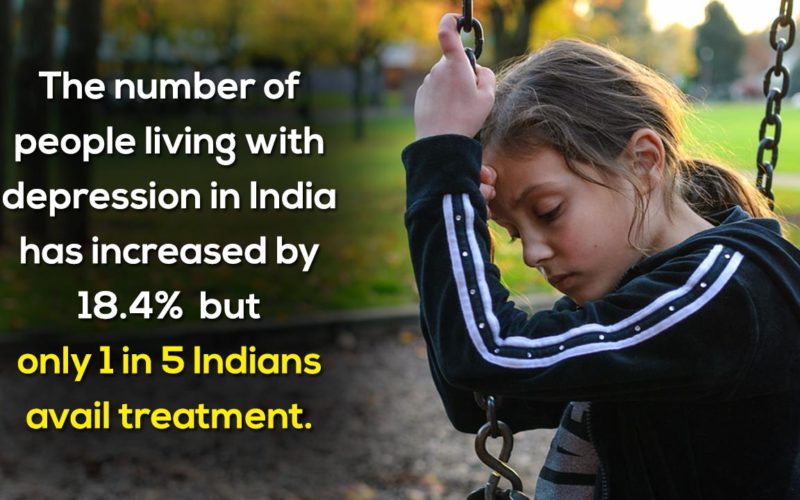- 2.4Kshares
- Share
- Tweet
- Facebook Messenger
It’s 2017, it’s World Health Day but unfortunately, no statistic puts India in a position which it should have ideally reached by now. Instead, according to World Health Organisation (WHO), one in four children in the age group of 13-15 years in India suffer from depression, which affects 86 million people in Southeast Asia region.
But leave the numbers aside, let’s talk about you and me. About Arjun Bharadwaj and so many like him (often unnamed and unnoticed) who would do anything for a patient hearing and not judgements. Kids who think they’re not good enough because a report card said so and youngsters who think less of themselves, cause nobody told them otherwise!

Now with the blame game– who is the culprit behind these claims? Who do we beat with bricks? Only if demographics had a life of their own. But you know what does? Depression! Feeding off hundreds and thousands of people, the devils of depression are now haunting us out in the open. However, the anatomy of its existence is lurking in dark and it’s time to throw some light on it.
So, let us break it down for you and for posterity.
There is no awareness about depression. Neither about its symptoms nor its after-effects.
Depression and anxiety, even in this century, are treated with raised eyebrows. In the queue of sex-education, Indians associate mental health and everything it brings along with awkward silences that do not help anyone. Dr. Niloufer Ebrahim, a psychologist from Pune told Storypick that, “Depression is considered by Indians to be a temporary state of mind that can easily be overcome by distraction.”
While most do that, the ones that are partially aware do not have an eye for the symptoms that ultimately breaks into bouts.
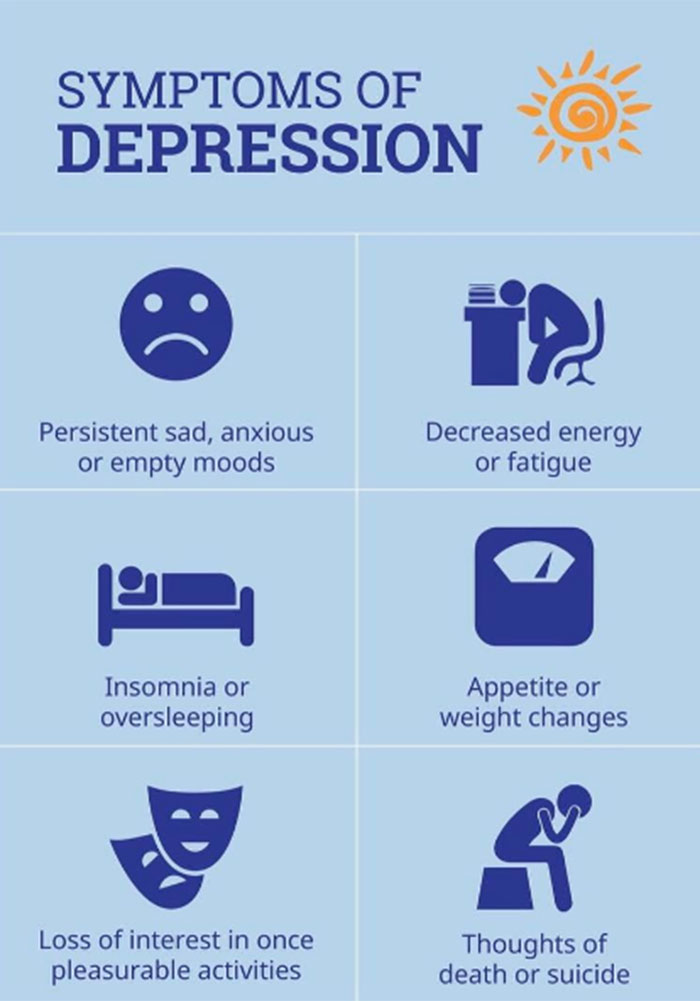
Friendly but unfruitful pieces of advice
“‘Letting it go’. A woman who has Post Natal Depression may be told again and again to focus on the child or may be considered to be making a fuss. Grieving people are told be ‘be strong’.”
…says, Dr Ebrahim who also told us, that advice on depression comes from family and friends mostly. Kin who enforce their trusted idea of ‘being happy’ on the perplexed mind who in turn think that despite trying the tested method, they’re incapable of being happy. Only if snapping out of it was that easy.
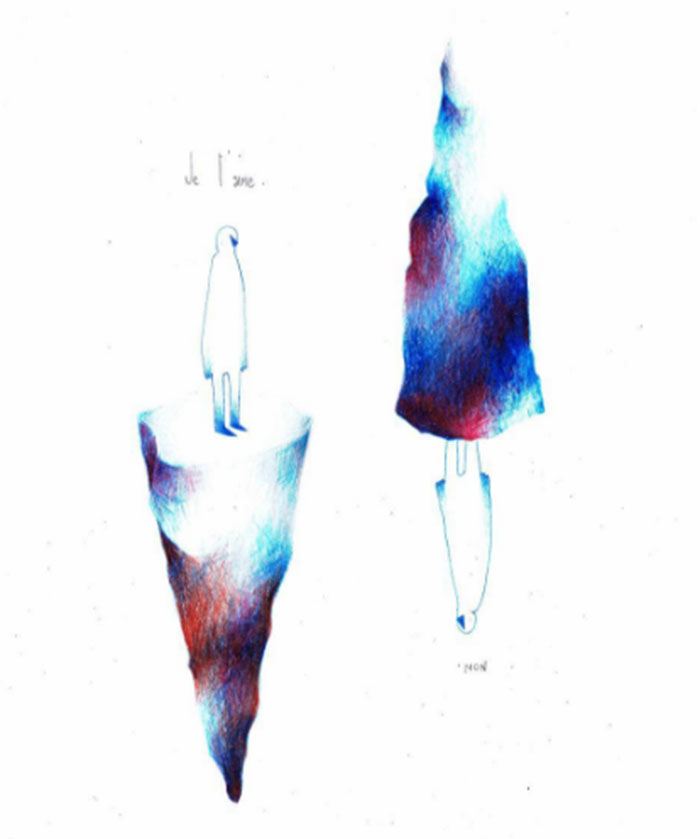
Fewer people avail treatment.
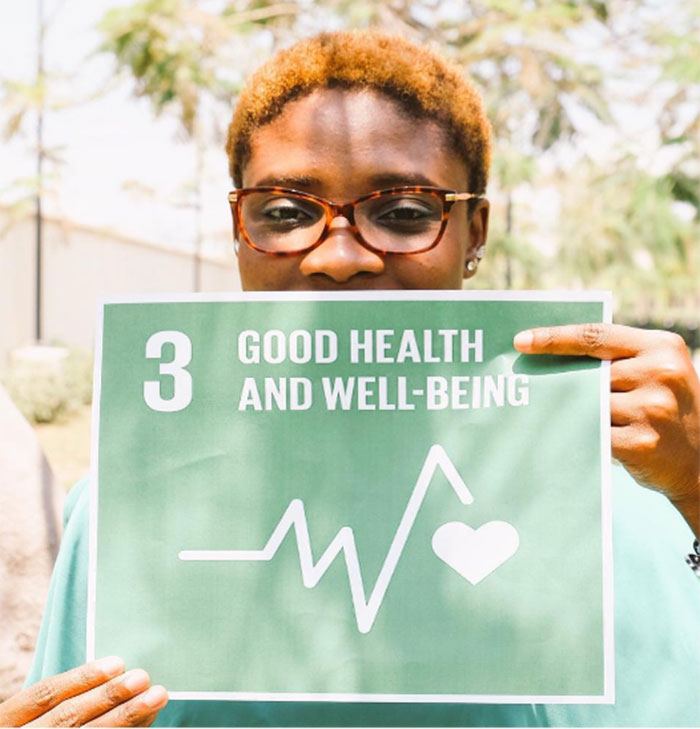
The number of people living with depression in India has increased by 18.4% between 2005 and 2015 but only one in five Indians suffering from mental health issues get treatment.
This accounts for just 30 million of the nearly 150 million who have mental health problems, revealed the National Mental Health Survey, by the National Institute of Mental Health and Neuro Sciences (NIMHANS), Bangalore. Dr Henk Bekedam, WHO representative to India said,
“Those with depression find it difficult to come forward, and those around them find it difficult to recognise.”
Isn’t that alarming?
Stigma and taboo is attached
The fact is family members would prefer to keep it under wraps that someone they know visits a ‘shrink’. “It is seen as a failure on the part of a parent or a fault in the parenting if the child/teenager/young adult is depressed,” admits Dr Ebrahim.
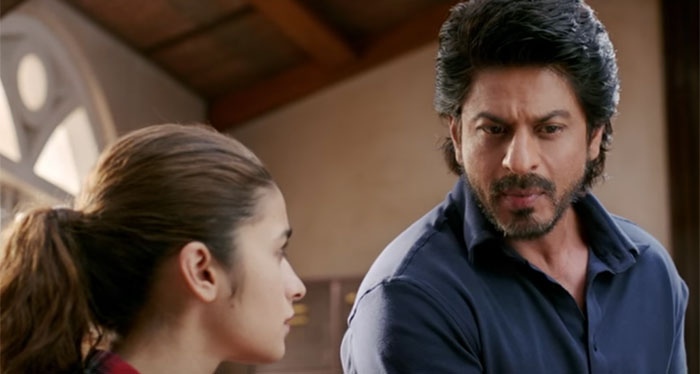
To convince you better, since cinema is considered the reflection of the society, can you think of another instance where Bollywood normalised seeking help of doctors and psychologists?
Societal/ Social media pressure
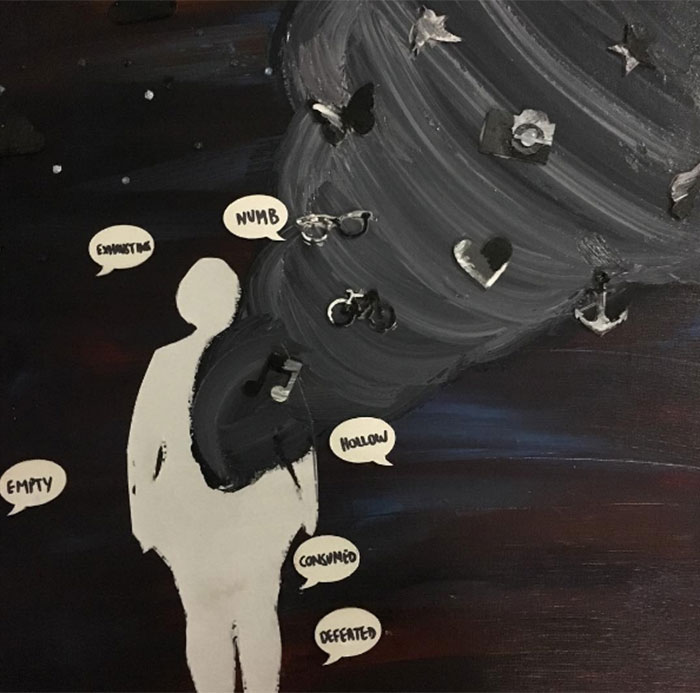
It is not news that urban living–fast-paced lifestyle, stress, complexities of living, breakdown of support systems and challenges of economic instability of the societal strata–is a leading cause for emotional breakdowns. But with time, social media has clawed its way into the dynamics and the police data sheets are proof; the internet is the cruellest place in the world right now. From trolls to keyboard warriors, you’ll find a gamut of people on the inter-web who will go to any extent just to prove you wrong.
BUT, THAT ISN’T THE POINT. THE POINT IS YOU CAN HELP, YOURSELF AND PEOPLE YOU KNOW WHO NEED HELP, BY JUST PAYING ATTENTION TO VITAL SIGNS. YOU CAN MAKE A DIFFERENCE BY BEING THERE (AND NOT STIFLING THE DEPRESSED WITH YOUR PRESENCE). YOU CAN BE THE CHANGE YOU WISH TO SEE.
This World Health Day, let’s talk depression!
Fact Source: The Asian Age, Hindustan Times: 1, 2
- 2.4Kshares
- Share
- Tweet
- Facebook Messenger




